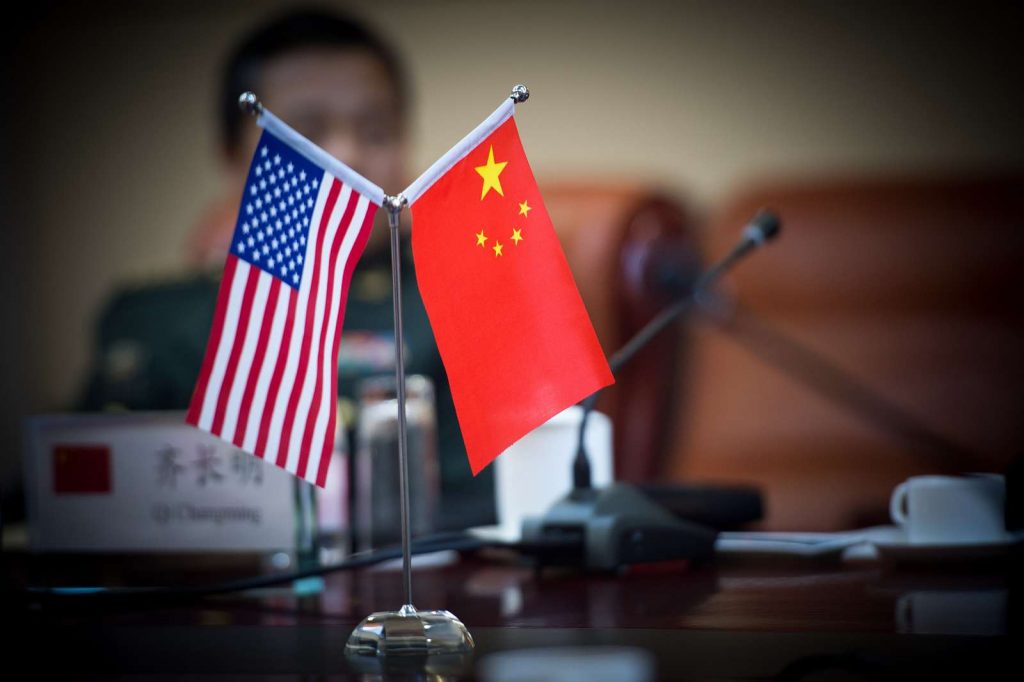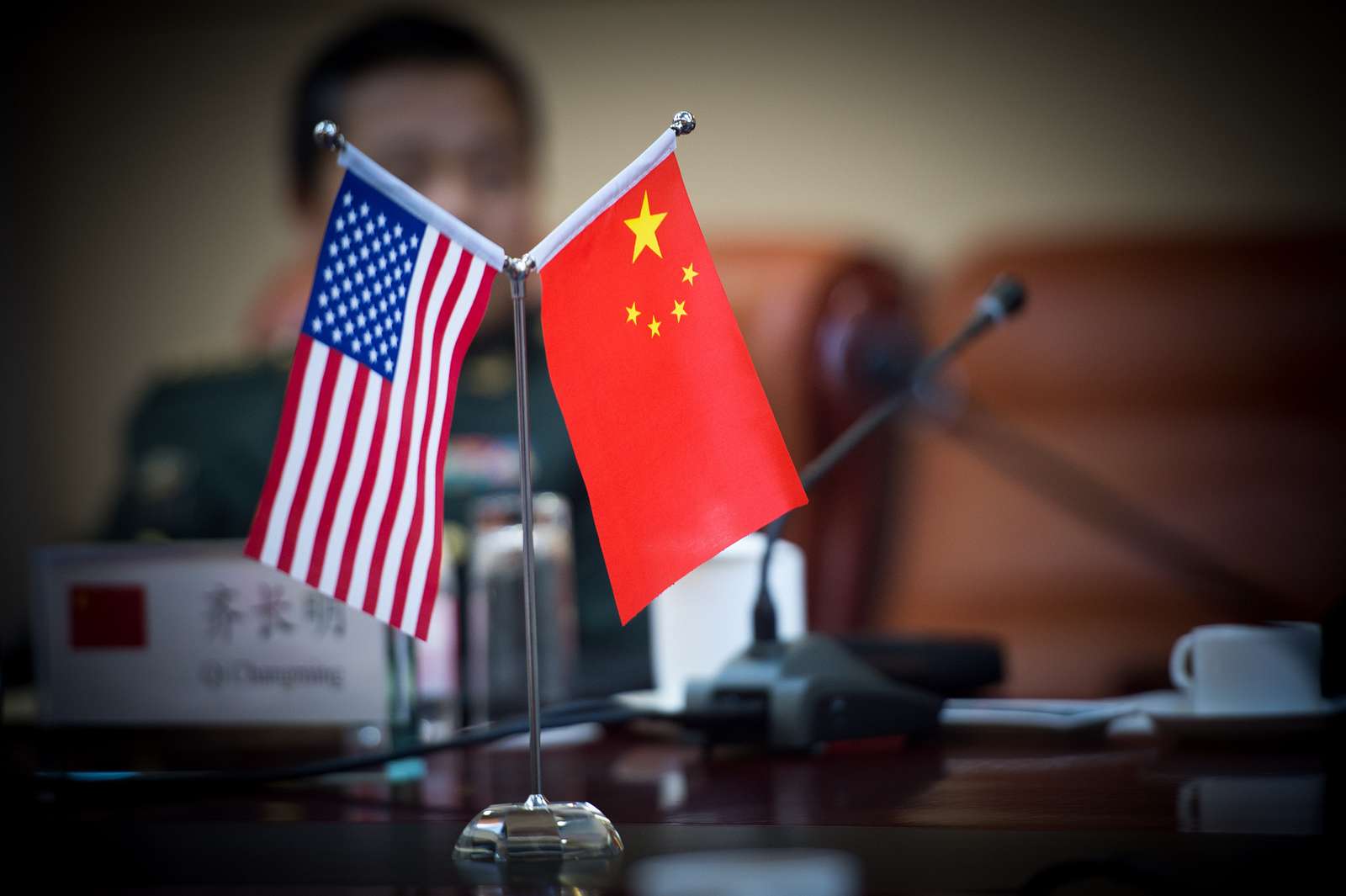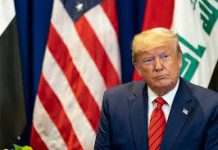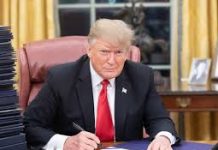
To what extent will the escalating tensions with China be reflected in America’s economic policies?
The recent surge in sanctions and discriminatory laws, combined with discussions about U.S. investment in China and increasing war rhetoric, has left the Biden administration with the daunting task of clarifying its economic relationship with Beijing – its largest trading partner outside of North America.
In the wake of the IMF and World Bank spring meetings, US Treasury Secretary Janet Yellen has issued a statement on economic relations with China, intended to quell speculation and debate about motives and intentions. However, in the current climate, it is uncertain whether clarity will actually lead to calm.
Yellen has rejected the idea of the Thucydides trap, but her reasoning is revealing. She claims that the notion of an “increasingly inevitable” conflict between the U.S. and China is unfounded, driven by concerns that the U.S. is declining and that China will soon surpass it as the world’s leading economic power, leading to a clash between the two nations.
Yellen assures us that the U.S. economy, with its strong institutional foundation of freedom, culture of innovation, and wise governance under the Biden administration, is in excellent health. She insists that the U.S. has no reason to stifle China’s economic and technological progress or to pursue a deep decoupling, and that China’s growth is not incompatible with U.S. economic leadership.
However, if America’s economic prosperity were threatened, Yellen’s statements imply that all bets would be off, and that the U.S. would act in its own national interest, which includes defending Ukraine against Russian aggression and denying certain technologies to the Chinese military.
Yellen maintains that Washington’s measures against Beijing will be highly targeted, but her statement belies the fact that targeted measures have included severe restrictions on Huawei’s 5G technology, sanctions against the entire chip supply chain, and the inclusion of most major research universities in China on America’s entities list, which strictly limits trade.
Moreover, Yellen touts the Chips Act and the Inflation Reduction Act, which contain strong anti-Chinese elements, as contributing significantly to America’s own future prosperity.
America appears to welcome China’s economic modernization, as long as it proceeds along lines that do not infringe on American leadership and national security, and its attitude towards China will be all the more benign the more successful it is in pursuing its own national prosperity and preeminence.





